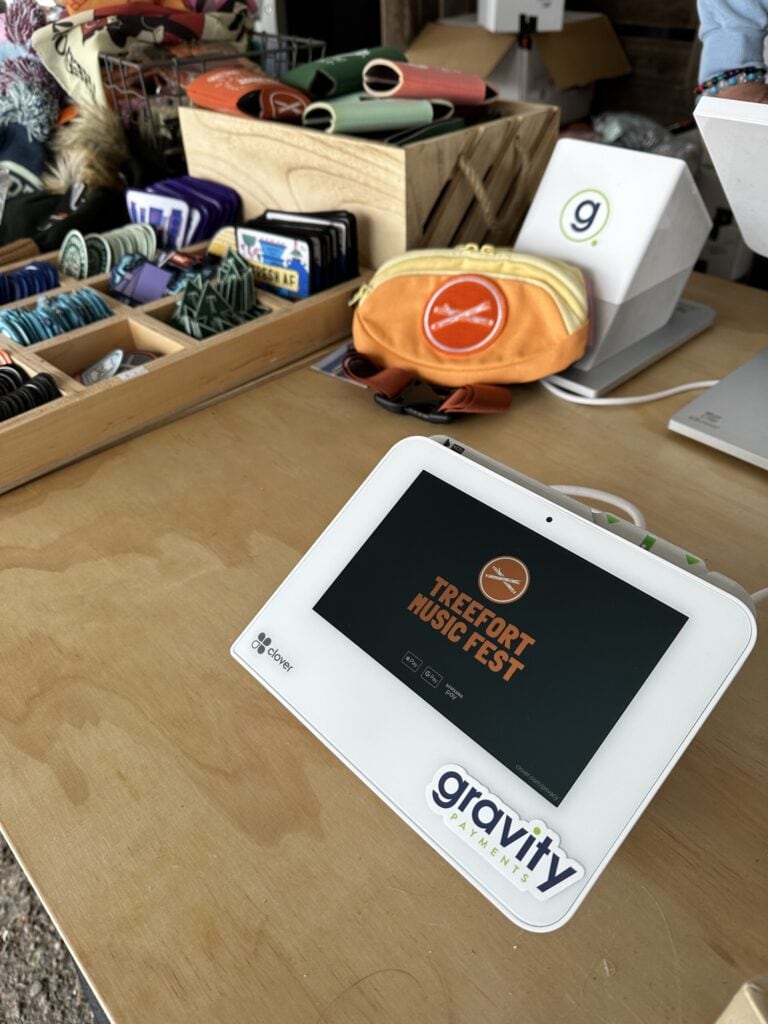“Imagine a business that is born out of a dream about how the world could be and should be. The founders are on fire to create something of relevance, resonance, and permanence – a business that will far outlive them, that delivers real value of multiple kinds to everyone it touches.” – John Mackey & Raj Sisodia
That seems absurd, right?
We’ve been taught for so long that the purpose of business is to make as much money as possible, ensure executive boards and shareholders’ needs are met, and find ways to increase profitability. That’s just smart business, right?
Get the Gravity newsletter for the latest FAQs, tools, tips and tricks
But are those practices positively contributing to social issues happening around the world? Where is the responsibility to our society, our employees, and the communities we live in? Are we helping our communities thrive? Those questions make us pause and reflect.
Let’s ask the question: Is that smart business? What is the purpose of our organization? Why are we here?
At Gravity, we believe the way we work is changing forever. We think it’s time to stop doing business as usual, and start doing business better. We want to say we were part of completely reshaping the economy so business stops being about making the most money possible and becomes about making a difference. We don’t care if existing companies convert, but we want to send the ones who don’t out of business.
Purpose-driven companies are going through an exciting revolution right now. The climate of the modern workforce is changing to put more focus on people, and less on profit. The workforce isn’t interested in being just another cog on the wheel. They want to be respected, trusted, make an impression, and work towards a mission that will positively impact the communities in which they operate.
We’re beginning to find that people are leaving big corporations in pursuit of more meaningful work that aligns with their values. In fact, that’s how one of our team member’s came to Gravity.
Our COO/CTO/CIO took an 80-85 percent pay cut to come work at Gravity because she was so inspired by what we were doing for our small business community. As she told Inc. Magazine, “I spent many years chasing the money. Now I’m looking for something fun and meaningful.”
Simply, we’re all looking to be part of something bigger than ourselves. Blake Mycoskie, Founder of TOMS, put it perfectly when he said, “The greatest competitive advantage is to allow your employees to be part of something. Something bigger than what they’re doing.”
Similarly, society is looking to organizations to help solve some of the world’s biggest issues as the boundaries between business issues and social issues start to combine. According to the 2015 Cone Communications/Ebiquity Global CSR Study, nine out of ten consumers expect companies to do more than make a profit. They must also operate responsibly to address social and environmental issues. As Rosabeth M. Kanter put in an article in the Harvard Business Review:
Companies command enormous resources that influence the world for better or worse…their strategies shape the lives of the employees, partners, and consumers on whom they depend. The best companies acknowledge that business is integral to society while investing in the future and being aware of the need to build people and society.
When companies are driven by a purpose that helps support society and large-scale issues we’re facing, consumers respond. In fact, 90 percent of global consumers would switch brands to one that is associated with a good cause. More than 93 percent will have more positive image of the company, 90 percent will be more likely to trust that company, and 88 percent will be more loyal by continuing to buy products or services.
Not only is having a strong “why” behind a company’s existence good for society, it’s also good for the bottom-line. Most companies will need to create a clear reason for being or risk being left behind.
So, how do we make sure no company gets left behind?
One simple solution is to redefine what the term “shareholder” means for each business. To us, that means serving our clients, team, partners, vendors, citizens, governments, environments, and society. Not those most interested in the bottom line. But first and foremost, society must be the ultimate stakeholder. Take that into account for every decision made.
Next, focus more on the long-term instead of short-term profitability. As Unilever CEO, Paul Polman, put it:
Taking a longer term approach is likely to favor purpose-driven organizations, giving them the time and space to flourish. If profit and quarterly reporting is no longer the primary business driver, organizations can radically reframe management incentives for the long term.
A longer-term goal allows businesses to be uniquely positioned and have a deeper meaning behind their work instead of focusing on maintaining the status quo. It allows them to be more proactive, instead of reactive. At Gravity, we don’t have a five or ten-year goal. We have a 40-year-goal to completely change the way business is done, so that it’s less about profit and more about purpose and people. Every action and decision we make has to align with that goal.
Similarly, make mission statements as broad as possible. It’ll allow teams to be dynamic and flexible as the demands and challenges of society and the issues facing our world change. For example, Patagonia’s purpose is to “build the best product, cause no unnecessary harm, use business to inspire and implement solutions to the environmental crisis.”
Google’s mission is “to organize the world’s information and make it universally accessible and useful.” Nike wants to “bring inspiration and innovation to every athlete in the world.”
Instead of having too narrow of a focus, some of the world’s most innovative companies have intentionally kept their purpose broad in order to adapt to new technologies, new issues, new ways of communicating, and new challenges.
This is especially helpful if a company has different teams located around the world who can adapt the mission statement as it fits into their immediate community. Additionally, it’d be beneficial to figure out on an individual basis each employee’s “why” and how that aligns with their role in the organization.
Finally, we need to find a new way to lead. In order to run a purpose-driven company, the future of leadership must transform. As Cleve W. Stevens put it, “Transformative leadership is not for lightweights. It is perhaps the most challenging approach to leading practiced today. It requires character and commitment, courage, imagination, and unrivaled staying power.”
We don’t expect leaders to have the answers anymore. Instead, they must ask the right questions. They must lead by example, admit mistakes, take risks for the greater good. They must live out their purpose and the purpose of the company every single day.
Leaders need to stop micromanaging. Champion a strong company culture. Be humble. Hire people smarter than them. Talk with their team and collaborate with them. This allows the team to unleash their values, giving them the autonomy to support a company’s purpose.
So, what’s the bottom-line?
We all need to step up and create a harmonious environment where all stakeholders can thrive and benefit from each other. We need to harness the power of business for good, instead of evil. If we ask ourselves what our purpose is in life and find ways to live that out on a day-to-day basis, we’ll find ways to create a world we all want to live in. And we’ll all be better for it.
To read more about new ways of working, check out The B-Team’s report for more in-depth insights. We were incredibly inspired by all the work they’re doing to help communities thrive.
If you’re looking for a job with lifeline meaning, check out our Careers page. If you’re an independent business owner accepting payments for the first time or looking to switch, sign up with Gravity today! We’d be honored to earn your business.




